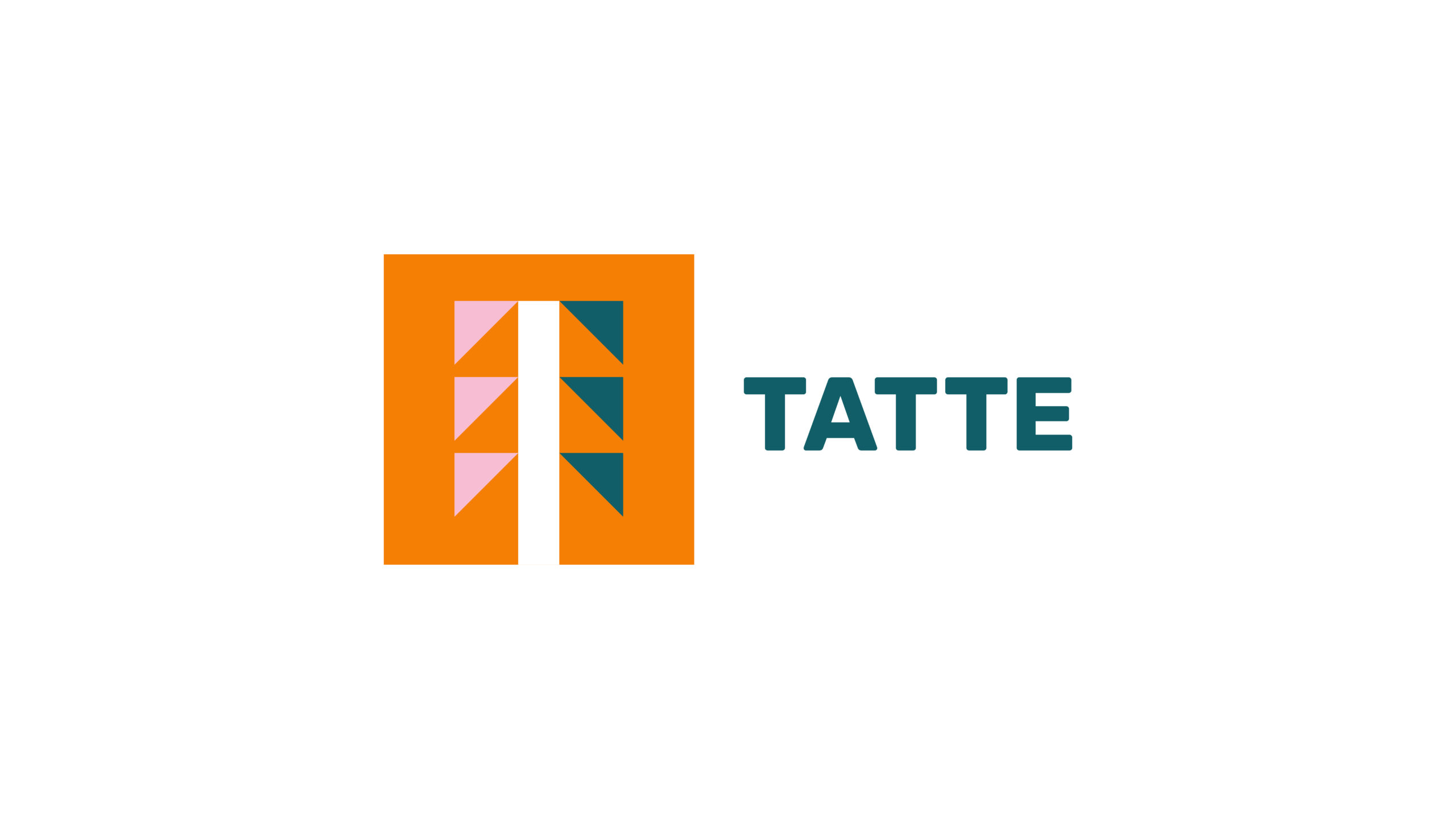On 4 August, the Board of Tampere University decided to establish a working group to explore the functionality of the University’s management system and University Regulations and assess the need to develop them to support the achievement of the University’s strategic goals. As set out in the Board’s decision, the working group will comprise an external chairperson and representatives of the professoriate, other staff and the student body (two from each group) from among the members of the faculty councils of the University’s seven faculties. In addition, two representatives of the University’s administration will be appointed to the working group.
“The decision to draw the members of the working group from among the members of the faculty councils was made to involve those affected by a decision in the decision-making process and to enable the working group to tap into extensive expertise relating to the core activities of the multidisciplinary University and engage in broad-ranging debate and discussion. The working group will report to the Board in November 2020. Comments on the report will be widely sought from the members of our community,” President Mari Walls says.
“The establishment of the working group falls within the remit of the Board. Unfortunately, communicating about the new working group did not go as well as it should have. The reason was the preparations for the extra Board meeting coincided with the summer holiday season, and it was necessary for the nominated members to provide their consent before publishing the composition of the group. It is clear we should have communicated about the decision to establish the working group sooner so that discussions with the members of our community could have started without delay,” Walls says.
The top management of Tampere University has discussed the appointment process with the student union TREY, Tampere University’s local chapter of the Finnish Union of University Professors and the Tampere University Association of Researchers and Teachers (Tatte) in a positive and constructive spirit.
Following the discussions, the professoriate, other staff and the student body have each been invited to nominate one more member to the working group. The deadline for nominations is 9 September. After the appointment of the three new members, the working group will comprise 11 members and 9 deputy members in addition to the chairperson. The members will be formally appointed by the President after candidates have been nominated and they have provided their consent. The members of the working group will be announced after the appointment decision has been made.
“Having new members join the group in this mutually agreed way is hopefully seen as positive progress from the perspective of our entire community,” Walls notes.
“Tatte is very pleased with the decision to set up this working group. Our university community has been waiting for a reform of the University Regulations and the management system for a long time. The work of the new group will provide a solid foundation for the reform after the hearing of the university community in June,” Tatte’s chair Sanni Tiitinen says.
“I understand the top management’s commitment to involve those affected by a decision in the decision-making process. However, following this principle in the appointment of the working group, so that it only includes members currently serving on the faculty councils, is somewhat problematic. First of all, it means a large portion of our community is overlooked in the appointment process because all staff groups are not represented on the faculty councils. Secondly, as the working group is also hoped to consider how the position of faculty councils could be strengthened at Tampere University, it would be good for the members of the faculty councils not to play too strong a role in rethinking their own position. As we have agreed that new members will join the working group and feedback on the group’s report will be widely solicited from our community, the situation is now more balanced and can be considered a reasonable compromise.”
“I am happy we were able to engage in constructive discussions to quickly reach this compromise, which will not only enable the university community to influence the composition of the working group through staff associations but also allow the working group to start its work without falling too far behind the original schedule. I hope we will be able to maintain close collaboration already at the preparatory stage of similar processes in the future. The genuine inclusion and involvement of staff will promote mutual trust within our University,” Tiitinen says.
This news piece was drawn up by Tampere University and Tatte.
